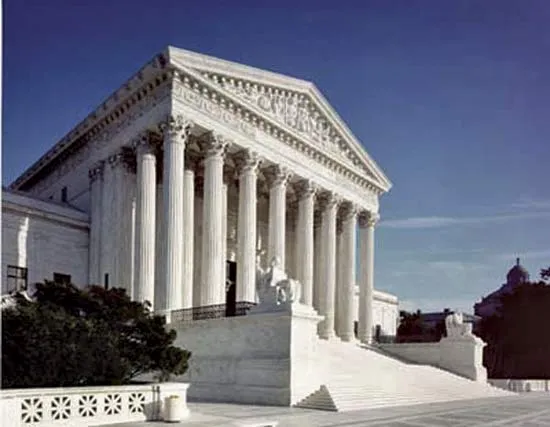In a dramatic turn that reshapes how billions in federal funds flow to hospitals serving low-income patients, the U.S. Supreme Court on Tuesday delivered a 7-2 decision favoring the Department of Health and Human Services (HHS) in a long-simmering battle over the agency’s controversial formula for determining “disproportionate share” hospital (DSH) payments.
This ruling in the HHS Hospital Pay Formula Dispute cements the agency’s position that only those patients who are actively receiving Supplemental Security Income (SSI) cash payments can be counted in the complex formula — a position hospitals claim slices deep into their funding lifelines.
Barrett Leads Majority: “Eligibility Isn’t Enough”
Justice Amy Coney Barrett, writing for the majority, likened the formula’s nuances to a monthly ticking clock: only individuals both eligible for and receiving SSI payments during their hospital stay qualify in the DSH calculus. This, she emphasized, is a monthly determination — timing is everything.
“An individual is considered ‘entitled to [SSI] benefits’ only if she is eligible for such benefits during the month of her hospitalization,” Barrett wrote, driving the point with legal precision.
In siding with HHS, the court upheld the D.C. Circuit Court’s earlier ruling that said HHS had “reasonably limited” the eligible population for the payment formula.



